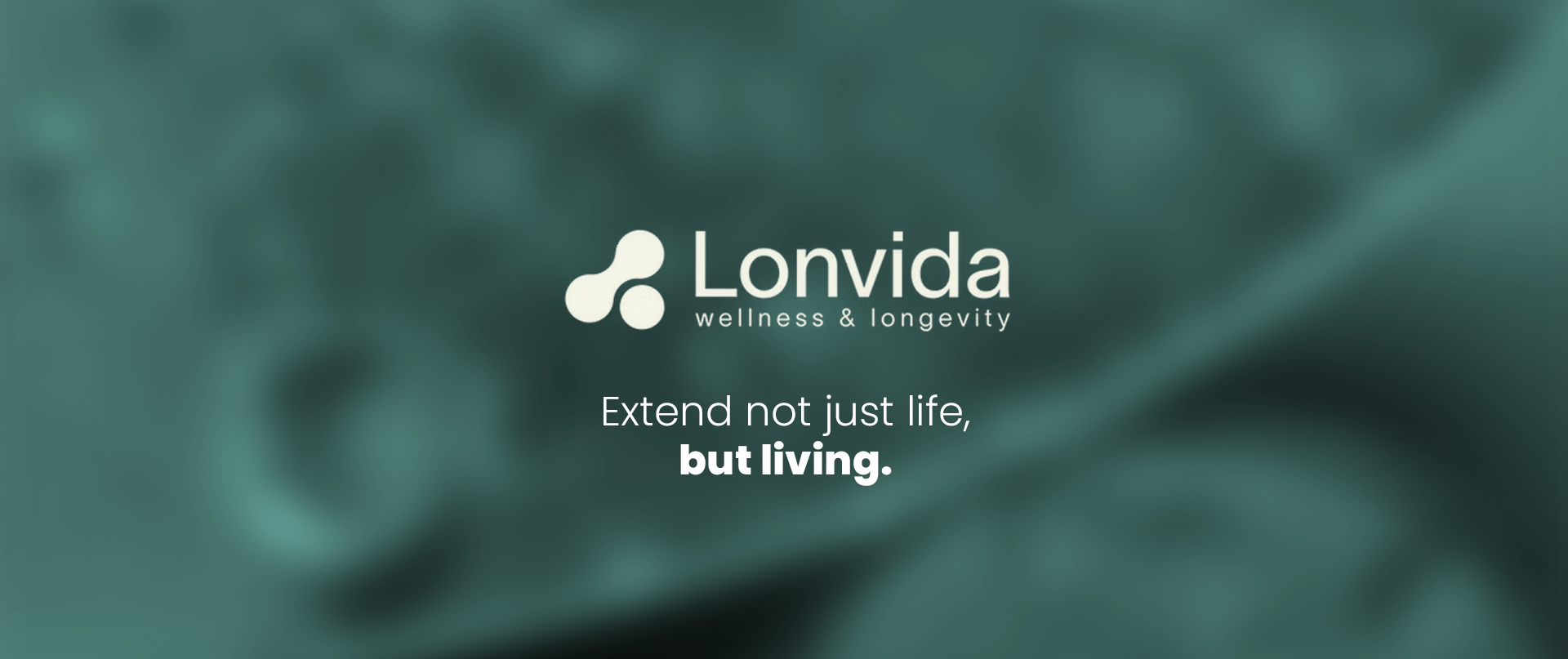Fatigue and hormonal shifts are common after birth. Integrative recovery methods aim to restore energy, balance, and confidence during the postpartum phase.
Looking for world-class regenerative care that goes beyond expectations? At Lonvida, we combine cutting-edge science, personalized wellness, and the vibrant energy of Mexico City’s Polanco district to create an unmatched healing experience. Whether you're seeking relief, rejuvenation, or a fresh start, our medical and hospitality teams are here to guide you every step of the way.
Learn more about our treatments, success stories, and travel packages at www.lonvida.com. Your journey to better health begins here.
The postpartum period, often referred to as the “fourth trimester,” is a critical yet often overlooked stage of motherhood. While pregnancy and childbirth receive significant attention, the recovery process that follows can be equally challenging—physically, emotionally, and mentally. Many new mothers face fatigue, hormonal shifts, body changes, and the demands of newborn care all at once. Without the right support and strategies, these weeks can feel overwhelming. However, with the right knowledge and resources, postpartum recovery can transform into a period of renewal, resilience, and empowerment.
Understanding Postpartum Recovery: More Than Just Physical Healing
Postpartum healing is a multi-layered process that extends beyond the resolution of childbirth-related physical changes. It involves:
- Physical Recovery: Healing from delivery, whether vaginal or cesarean, managing discomfort, and restoring pelvic health.
- Emotional Adjustment: Navigating the hormonal fluctuations that can trigger mood swings, anxiety, or postpartum depression.
- Mental Adaptation: Adjusting to the identity shift of becoming a mother while balancing responsibilities.
- Social Reintegration: Maintaining relationships, career responsibilities, and self-care.
Physical Recovery After Childbirth
1. Uterine and Pelvic Floor Healing
After childbirth, the uterus gradually shrinks back to its pre-pregnancy size in a process called involution. Meanwhile, the pelvic floor muscles—stretched and strained during delivery—require targeted exercises to regain strength and prevent incontinence.
Helpful Strategies:
- Pelvic floor exercises (Kegels)
- Gentle abdominal strengthening
- Postpartum physiotherapy sessions
2. Managing Postpartum Pain
Pain in the perineum, lower abdomen, or back is common after birth. Warm compresses, gentle stretching, and medical-grade pain relief options (as recommended by healthcare providers) can aid comfort.
3. Restoring Core Strength and Posture
Pregnancy shifts the body’s center of gravity, leading to weakened core muscles and posture changes. Incorporating low-impact exercises such as yoga or Pilates can gradually restore strength and stability.
Emotional and Mental Health During Postpartum
1. Hormonal Changes and Mood Regulation
Estrogen and progesterone levels drop rapidly after childbirth, which can influence mood and energy levels. While mild mood swings—often called “baby blues”—are common, persistent feelings of sadness or anxiety may indicate postpartum depression.
Supportive Approaches:
- Seeking therapy or counseling
- Joining support groups for new mothers
- Practicing mindfulness and meditation
2. Overcoming Postpartum Anxiety
Some mothers experience heightened anxiety related to their baby’s safety, feeding, or sleeping patterns. Establishing routines, learning newborn care skills, and leaning on a trusted support network can help reduce anxiety.
Nutrition for Postpartum Healing
1. Restoring Nutrient Stores
Pregnancy and childbirth can deplete essential vitamins and minerals such as iron, calcium, and vitamin D. A nutrient-rich diet supports recovery and energy levels.
Key Nutrients for Recovery:
- Iron-rich foods (lean meats, legumes, leafy greens) to combat postpartum anemia
- Protein sources (eggs, dairy, fish) for muscle repair
- Omega-3 fatty acids for brain health and mood support
2. Hydration and Lactation
Adequate hydration is critical, especially for breastfeeding mothers. Water, herbal teas, and electrolyte-rich drinks can help maintain milk supply and prevent dehydration-related fatigue.
Sleep and Energy Restoration
Newborn care often disrupts sleep patterns, contributing to postpartum exhaustion. While uninterrupted rest may be unrealistic, mothers can optimize energy by:
- Napping when the baby sleeps
- Sharing night duties with a partner or caregiver
- Creating a calming pre-sleep routine
Therapies and Interventions for Postpartum Recovery
1. Postpartum Massage Therapy
Massage can relieve muscle tension, promote circulation, and aid in relaxation, supporting both physical and mental healing.
2. Physiotherapy and Rehabilitation
Specialized postpartum physiotherapy addresses diastasis recti (abdominal separation), pelvic organ prolapse, and chronic pain.
3. Alternative and Complementary Therapies
Acupuncture, aromatherapy, and hydrotherapy can enhance relaxation and support hormonal balance.
The Role of Mental Wellness Practices
Incorporating mental wellness strategies is essential for full recovery. Practices like journaling, gratitude exercises, and guided breathing can reduce stress and improve emotional resilience.
Building a Support Network
Postpartum recovery is not a solo journey. Involving partners, family, friends, and community resources can provide emotional support, childcare assistance, and encouragement. Peer support from other mothers can also validate experiences and offer practical advice.
International Medical Tourism for Postpartum Healing
Some mothers explore medical tourism for postpartum rehabilitation, combining recovery treatments with wellness retreats. International destinations may offer specialized postnatal programs that include physiotherapy, spa therapies, nutritional counseling, and emotional wellness coaching—often at competitive prices compared to domestic care.
Key Considerations for Choosing an Overseas Recovery Program:
- The clinic or wellness center’s expertise in postnatal care
- Availability of licensed physiotherapists and mental health professionals
- Facilities for both mother and infant comfort
- Transparent cost breakdowns and safety standards
Risks and Considerations
While postpartum recovery is generally a natural process, certain conditions require medical attention:
- Heavy or prolonged bleeding
- Severe pelvic or abdominal pain
- Signs of infection
- Persistent low mood or anxiety
Early detection and treatment are crucial to avoid complications.
Moving from Exhausted to Empowered
Postpartum healing is not just about bouncing back—it’s about moving forward stronger, healthier, and more self-aware. By addressing the body, mind, and emotional well-being, mothers can transition from a state of exhaustion to one of empowerment. Recovery takes time, and each woman’s journey is unique. With the right tools, support, and self-compassion, postpartum life can be a time of growth and renewal.














